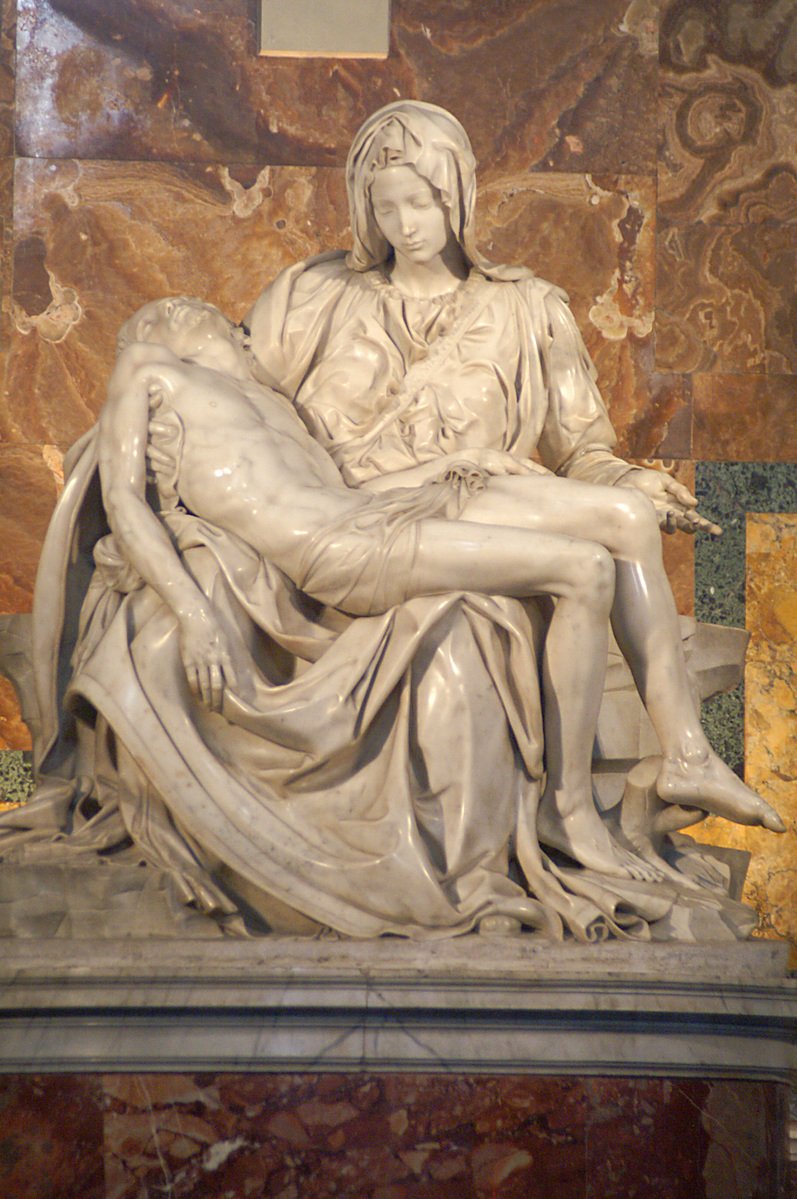Prioritizing the Spiritual
"When Jesus therefore saw His mother, and the disciple whom He loved standing by, He said to His mother, ‘Woman, behold your son!’ Then He said to the disciple, ‘Behold your mother!’ And from that hour that disciple took her to his own home" (John 19:26-27, NKJV).
Jesus always prioritized the spiritual, often to the confusion of those around him:
“Did you not know that I must be about my Father’s business?” (Luke 2:49).
To the paralyzed man, before healing him: “Be of good cheer! Your sins are forgiven!” (Mark 2).
“The Son of Man came not to be served, but to serve, and to give His life a ransom” (Luke 19:10).
Jesus unapologetically prescribed that even natural, familial bonds take a back seat to spiritual priorities:
“A woman in the crowd raised her voice and said to him, “Blessed is the womb that bore you, and the breasts at which you nursed” But he said, “Blessed rather are those who hear the word of God and keep it!” (Luke 11:27-28).
Jesus not only prescribed medicine, but took it himself:
“While he was still speaking to the people, behold, his mother and his brothers stood outside asking to speak to him. But he replied to the man who told him, ‘Who is my mother, and who are my brothers?’ And stretching out his hand toward his disciples, he said, ‘Here are my mother and my brothers! For whoever does the will of my Father in heaven is my brother and sister and mother” (Matthew 12:46-50).
On the cross, in three hours of daylight, Jesus continued his prophetic and priestly ministry, to seek "Father, forgive them," and save, "This day you will be with me in Paradise," and serve: "Woman, Behold your son!" etc.
In making this third pronouncement from the cross, to his mother, Mary, and his dear friend, John, he simultaneously carried out two tasks: one earthly, the other heavenly.
First, Jesus fulfilled the dutiful obligation of the eldest son of a household (nearly all agree that Joseph has died by the time Jesus began his ministry) to provide for his mother’s earthly needs. This he did by entrusting her into the care of John, not only his best earthly friend, but also, possibly, someone with better than average earthly resources (see: Barnes, John 18:16, 19:27).
Second, Jesus fulfilled the pressing spiritual obligation to impress upon both Mary and John – and then by extension his earthly half-brothers (who were yet unbelievers), all of Israel, and then all of the Gentile world – of the true nature of God’s family. Being a member of God’s family is not, nor was it ever, a matter of mere blood or happenstance, but a matter of faith (a point Jesus sought very early to infuse into the collective consciousness of the Sanhedrin [John 3:1-5], though very few took note of it).
Jesus had siblings. At least 7 of them, four brothers and multiple sisters. The eldest of these brothers would have been the natural choice to provide for Mary. But Jesus did not choose them, and it was not because John just happened to be present. It was not because they could not rise to the occasion to provide for her needs. It was because John better appreciated the nature of His spiritual kingdom.
One wonders if this initially stung his brothers. If it did, it was nothing new. And if it did, it soon dissipated when Jesus was resurrected from the dead, and was replaced by wonder, and then faith. When Jesus’ half-brother, James, wrote his epistle, he didn’t even bother to footnote their earthly relationship, "By the way, Jesus was my big brother and I grew up with him!" Instead, he simply refers to himself as "a servant."
The spiritual had finally taken priority.
This article is part of a series. Previous article here. Next article here.
- Your Kingdom Come - 2025-10-04
- Sometimes, teacher. Always, student (an anecdote). - 2025-08-30
- Fill in the blanks - 2025-07-12
